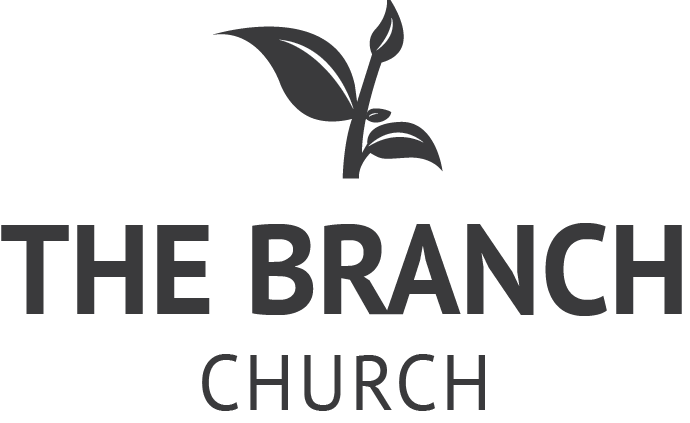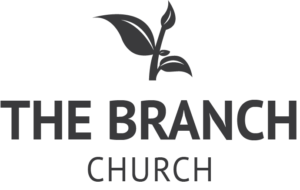Pentecost
This Sunday we’ll be looking at Acts 2:1-21. There’s too much here for us to consider on Sunday alone, so I wanted to share a few thoughts about one of the items we won’t have much time to discuss during worship: the day of Pentecost.
For many of us today, we either connect the word “Pentecost” with the story of the beginning of the Church (Acts 2), or with a group of hand-raising, dancing-in-the-aisles, speaking-in-tongues Christians (i.e Pentecostals). But the word has much older roots.
Pentecost was a major Jewish festival celebrated every year, 50 days after the Passover festival. It was the time when farmers brought the first fruits of their harvest to the Temple as an offering of worship. And it was a time to remember God’s giving of the Law (the Ten Commandments) to Moses on Mount Sinai.
You may remember the Exodus story — the Jewish people were slaves in Egypt, suffering under the oppression of Pharaoh. God heard their cries and rescued them on the night of the Passover. 50 days later, after crossing through the Red Sea, the people of God found themselves at Mount Sinai, where God gives them the Ten Commandments. This Law was a gift — a blessing — as it instructed Israel on how they were to live as the people of God. This was the first Pentecost.
Centuries later we find ourselves in Acts 2. The people of God are gathered together, when suddenly the Holy Spirit comes like a violent wind — and rests on each of them — filling them with power and gifts. Is it any coincidence that this happened on the day of Pentecost? Some of the parallels are worth considering.
In the Exodus story, Pentecost is the moment when God gives Israel the Law — something that will guide and equip them to be the people of God. In Acts, Pentecost is the moment when God gives people the Holy Spirit — someone who will guide and equip us to be the people of God (Acts 1:5,8; 2:17,18).
In Jewish tradition, Pentecost was a day to gather the first fruits of the harvest and offer them in worship. In Acts, Pentecost is the day when the first fruits of God’s harvest are gathered — and together this harvest declares God’s wonders and offers worship (Acts 2:11, not to mention Peter’s entire sermon).
Just as Jesus redefined the Passover meal (what we today call communion or the Lord’s Supper), God redefined Pentecost — giving it new meaning and purpose. This not only changed the course of history (we are who we are exactly because of this redefined Pentecost), but it also reminds us more broadly that our God is a God who can and will breath new life into old things. Our God is a God who can and will come like a rushing wind to clean out and sweep away the dust and dirt of our lives so that we might be people who, with our tongues and our lives, declare the wonders of God.



